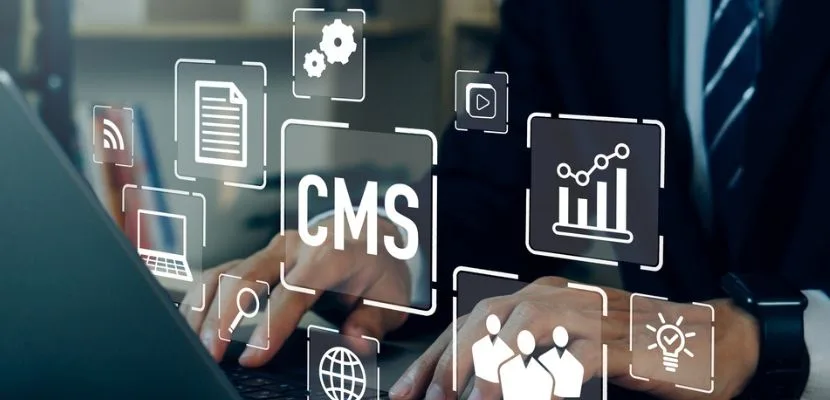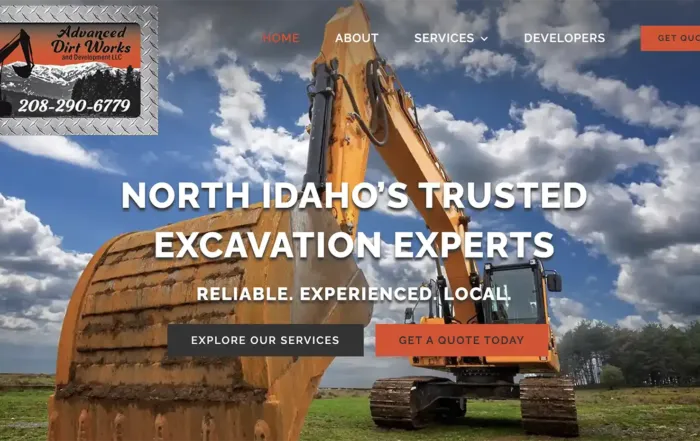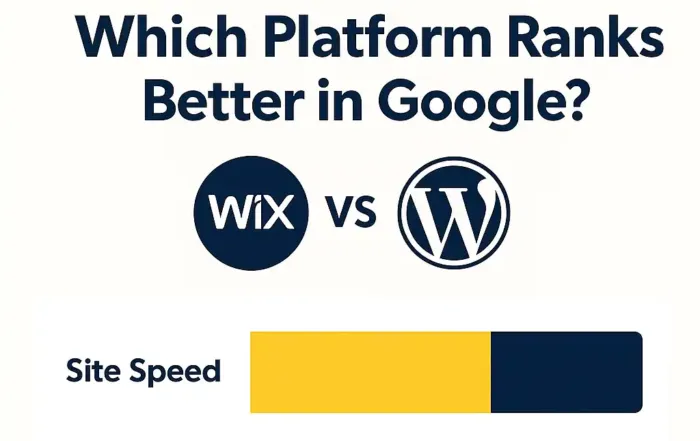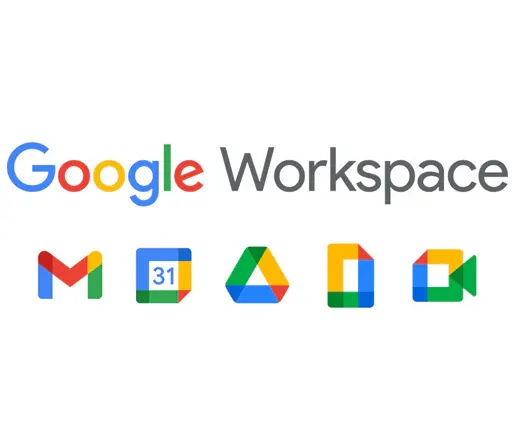What Is a CMS Website? Meaning & Benefits for Small Business

If you’ve been looking into building or updating your business website, chances are you’ve heard the term “CMS” thrown around. But what exactly is a CMS, and why does it matter for small businesses in places like Sandpoint and across North Idaho? As your local web experts at Cedar Stream Media, we’re here to explain the basics in plain language—so you can make the smartest decisions for your online presence.
CMS Website Meaning: What Does “CMS” Stand For?
CMS stands for Content Management System. It’s a type of software that lets you create, edit, manage, and publish content on your website without needing to write code.
In simple terms, a CMS is your website’s control panel. It lets you update text, images, blog posts, service pages, and more without calling a developer every time.
Some of the most popular CMS platforms include:
Using a CMS is different from building a “static” site from scratch or relying on drag-and-drop tools that limit flexibility (like GoDaddy’s Site Builder).
Why CMS Platforms Like WordPress Are Ideal for Small Businesses
Here’s why a CMS—especially WordPress—is such a powerful tool for small businesses:
- Ease of Use: Non-technical users can log in and update their site without hassle.
- Built-in SEO Features: Tools like Yoast SEO help you improve search visibility.
- Customizability: Themes and plugins allow you to tailor your site to your brand and industry.
- Scalability: Need to add e-commerce, booking, or lead capture? No problem.
- Integrations: Connect with CRMs, email marketing platforms, payment processors, and more.
At Cedar Stream Media, we use WordPress because it offers the perfect mix of flexibility and ease of use for growing businesses.
Common Features of a Good CMS
Not all CMS platforms are created equal. A great CMS should offer:
- An Intuitive Dashboard: Easy navigation so you can manage content quickly
- Design Flexibility: Customize your website to match your brand
- User Permissions: Control who can edit or publish content on your team
- Media Library: Upload and manage photos, videos, and documents easily
- Mobile Responsiveness: Ensure your site looks good on any screen size
- Strong Community Support: Open-source platforms like WordPress have large communities, making it easier to find help or resources
CMS vs. Website Builder: What’s the Difference?
This is a common point of confusion. While both CMS platforms and website builders help you launch a website, there are major differences.
| Feature | CMS (e.g., WordPress) | Website Builder (e.g., GoDaddy) |
|---|---|---|
| Customization | High | Low to Medium |
| SEO Capabilities | Strong (with plugins & flexibility) | Basic |
| Scalability | Grows with your business | Limited functionality |
| Ownership | You own your site and data | Tied to the platform |
| Cost Over Time | Better long-term value | Often requires rebuilding to scale |
When to use a CMS: You want long-term flexibility, SEO performance, and full control.
When a website builder might work: One-page sites, temporary projects, or if you’re extremely budget-conscious.
Want a deeper comparison? Check out our blog: GoDaddy Site Builder vs. WordPress
Cedar Stream Media’s CMS of Choice: WordPress
We build exclusively on WordPress because it’s:
- Secure and reliable
- Friendly to both users and search engines
- Backed by a global open-source community
More importantly, we offer Managed WordPress Hosting so you never have to worry about:
- Plugin or software updates
- Backups or security threats
- Performance tuning or SEO configurations
We also help with content creation and blogging if you want your CMS to work harder for you.
See what’s included in our hosting plans
Final Thoughts
If you’re serious about building an online presence that lasts, using a CMS like WordPress is a no-brainer. It puts the power to manage and grow your site in your hands—while giving your developer the tools to make it shine.
Still not sure which way to go? Contact Cedar Stream Media and we’ll help you choose a solution that fits your business goals today—and into the future.









